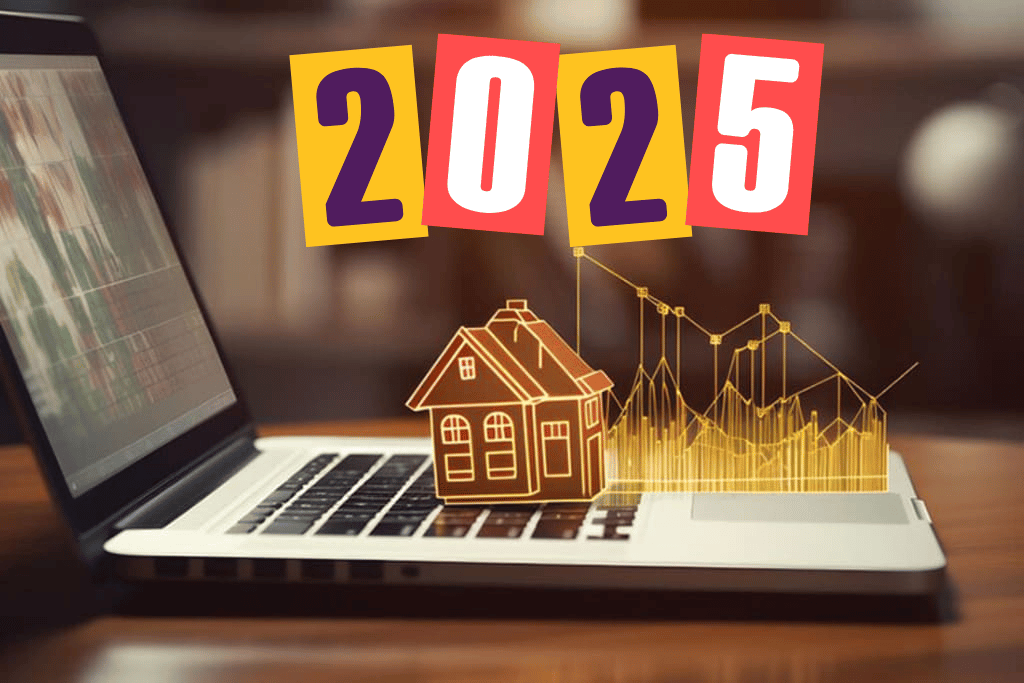
The traditional real estate closing process, long entrenched in paperwork, intermediaries, and lengthy timelines, has remained largely unchanged for decades. Buyers and sellers navigate a labyrinth of legal documents, escrow accounts, and trust-dependent transactions that demand significant time, effort, and expense. This archaic system, while functional, is fraught with inefficiencies and vulnerabilities such as fraud, human error, and lack of transparency. As technology transforms industries worldwide, the real estate sector is ripe for disruption.
Enter blockchain technology and smart contracts—a paradigm shift that promises to redefine how property transactions are conducted. Blockchain, a decentralized and immutable ledger, offers unparalleled security, transparency, and efficiency. At its core, smart contracts are self-executing agreements that automatically enforce terms when pre-defined conditions are met, removing the need for traditional intermediaries. Their potential to streamline real estate closings is immense, addressing longstanding challenges and unlocking a new era of innovation.
In an era where digital transformation is essential for progress, embracing smart contracts in real estate transactions is more than a trend—it’s a necessity. This article delves into the mechanics, benefits, challenges, and future outlook of integrating smart contracts into real estate closings, shedding light on why this revolutionary technology is positioned to become a cornerstone of modern property dealings.
1. Understanding Smart Contracts
Smart contracts, often hailed as the backbone of blockchain innovation, are digital agreements encoded with terms and conditions that execute automatically when specified criteria are met. Unlike traditional contracts reliant on human enforcement, smart contracts operate independently on blockchain networks, offering unmatched reliability and precision.
Key Features
- Automation: Processes that once required manual intervention—like fund transfers or document validation—are automated, minimizing delays and errors.
- Transparency: Every participant can access a tamper-proof record of the contract’s terms and transactions.
- Immutability: Once a contract is deployed, its conditions cannot be altered, ensuring integrity and trust.
How Smart Contracts Work
- Blockchain Foundation: The contract resides on a blockchain, which serves as a secure, decentralized ledger.
- Code-Based Terms: Legal stipulations are translated into programmable code.
- Execution Triggers: Predefined events (e.g., payment receipt, title verification) activate the contract.
- Immutable Records: All actions are logged on the blockchain, creating a permanent audit trail.
In industries like supply chain management, healthcare, and finance, smart contracts have already demonstrated transformative potential, reducing costs and increasing operational efficiency. Real estate is poised to follow suit.
2. The Current Challenges in Real Estate Closings
The conventional process of closing a real estate transaction is fraught with obstacles:
Time-Consuming Procedures
Multiple stakeholders—buyers, sellers, agents, banks, lawyers—coordinate across layers of paperwork and approvals. This complexity often delays closings by weeks or months.
High Costs
Intermediaries, such as escrow agents and legal professionals, are essential but expensive. Their fees add significant costs to an already costly transaction.
Risk Factors
Manual processes and fragmented communication create opportunities for fraud, errors, and miscommunication. Fake listings, double sales, and identity theft remain persistent threats.
Lack of Transparency
Real estate closings often involve multiple parties, each with their own timelines and procedures. Buyers and sellers face uncertainty due to limited visibility into the process.

3. Transforming Real Estate Closings with Smart Contracts
Smart contracts offer solutions to these challenges, fundamentally altering the real estate closing process.
Automation of Processes
Smart contracts can automate tasks such as:
- Title Verification: Blockchain-based systems ensure seamless and accurate title validation.
- Escrow Management: Funds are held and released automatically upon fulfillment of contract terms. This reduces reliance on intermediaries, saving time and mitigating errors.
Cost Reduction
By eliminating the need for traditional intermediaries, smart contracts significantly lower transaction costs. Buyers and sellers can allocate savings to other priorities.
Enhanced Security
Blockchain’s immutable ledger ensures that all records are tamper-proof. Cryptographic encryption safeguards sensitive information, protecting against fraud.
Improved Transparency
Real-time updates visible to all parties foster trust and clarity. With clear terms codified on the blockchain, disputes and ambiguities are minimized.
4. Benefits for Stakeholders
The adoption of smart contracts in real estate offers tangible advantages for all involved:
Buyers and Sellers
- Faster closings mean reduced stress and uncertainty.
- Lower costs make transactions more accessible.
Real Estate Agents
- Simplified processes enable quicker commission payouts.
- Automation reduces administrative workloads, allowing agents to focus on client relationships.
Lenders and Banks
- Smart contracts streamline verification, accelerating loan approvals and fund transfers.
Regulators
- Blockchain provides an auditable trail, simplifying compliance and monitoring efforts.
5. Potential Challenges and Limitations
Despite their promise, smart contracts face several hurdles:
Legal and Regulatory Barriers
Jurisdictions differ in recognizing and enforcing blockchain-based agreements. Legal frameworks must evolve to accommodate this innovation.
Technological Adoption
Resistance from traditional players and lack of awareness hinder widespread implementation. Education and collaboration are essential to overcome this inertia.
Scalability and Integration
Integrating smart contracts with existing systems can be complex, requiring significant resources and expertise.
Security Concerns
While blockchain is secure, poorly written smart contract code can be exploited. Rigorous auditing and testing are critical.
6. Case Studies and Examples
Emerging blockchain-based platforms and pilot programs showcase the feasibility of smart contracts in real estate. Companies like Propy and Ubitquity have demonstrated successful blockchain-based property transactions, proving the technology’s potential to simplify and secure the closing process. Early adopters highlight the importance of collaboration between innovators, regulators, and industry stakeholders.
7. Future Outlook
The integration of smart contracts in real estate closings is not merely a possibility but an inevitability. As governments and industry leaders recognize the advantages, collaborative efforts will pave the way for widespread adoption. Over the next decade, we can expect:
- Increased adoption of blockchain for property records and transactions.
- Enhanced legal frameworks supporting smart contracts.
- Technological advancements addressing scalability and security challenges.
Conclusion
The integration of smart contracts on blockchain represents a transformative leap for real estate closings. By addressing inefficiencies, reducing costs, and enhancing security, smart contracts have the potential to revolutionize an industry long burdened by traditional constraints. Blockchain technology offers a future where real estate transactions are swift, transparent, and reliable, benefiting all stakeholders involved.
As the real estate sector embraces this digital transformation, stakeholders must actively participate in shaping a secure, efficient, and collaborative ecosystem. Governments, businesses, and individuals must unite to harness the full potential of blockchain technology, paving the way for a streamlined, equitable, and innovative future in real estate.






